Find Help
More Items From Ergsy search
-
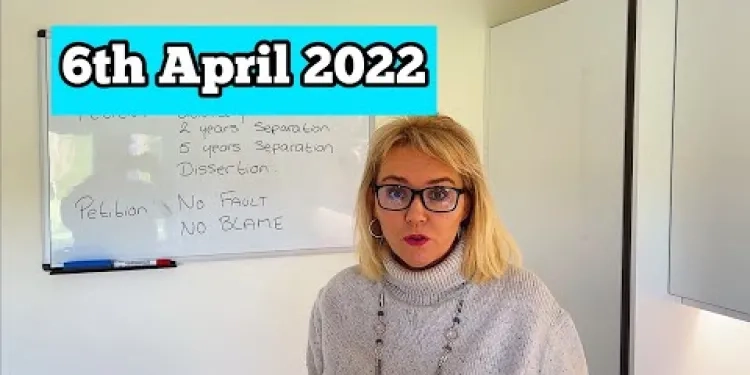
NO FAULT DIVORCE (What is there to know)
Relevance: 100%
-
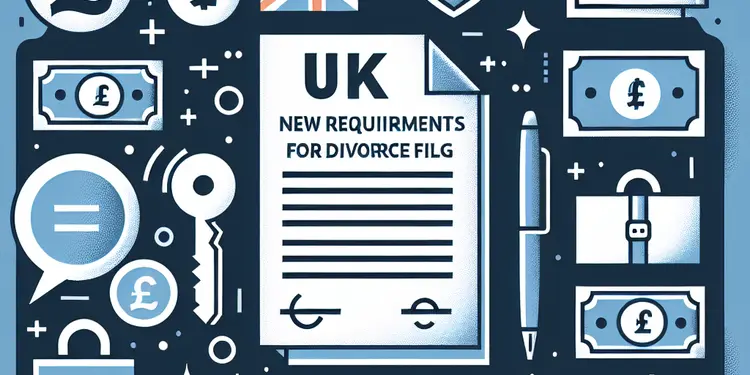
Are there any new requirements for divorce filings in 2026?
Relevance: 49%
-

I'm Getting a Divorce | Tips From a Divorce Lawyer
Relevance: 49%
-
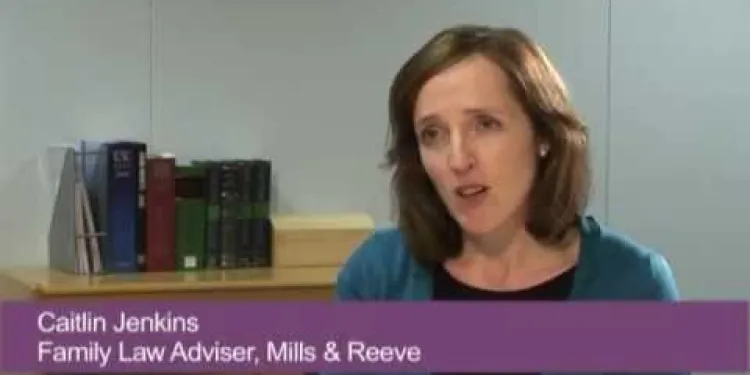
Divorce UK: What happens with the money in a divorce?
Relevance: 48%
-

A Guide to the Divorce Process
Relevance: 47%
-

Divorce UK (England and Wales) | UK Divorce Process and Overview Explained PART 1 | BlackBeltBarrister
Relevance: 46%
-

Understanding Your Rights in Divorce Proceedings
Relevance: 43%
-

Understanding Your Rights During Divorce Proceedings in the UK
Relevance: 41%
-

Can firefighter pension benefits be divided in a divorce?
Relevance: 41%
-
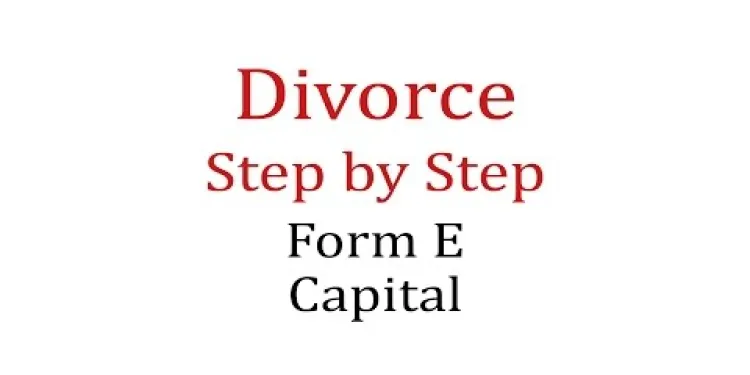
Divorce Step By Step - Form E - Capital
Relevance: 40%
-

Ultimate Guide to Financial Disclosure on Divorce in the UK
Relevance: 39%
-
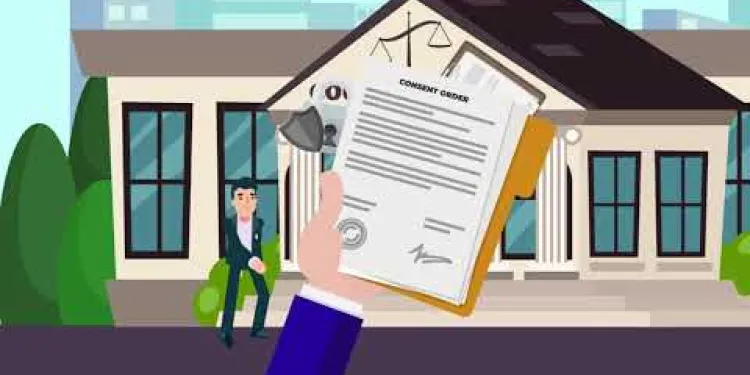
The 4 Steps to Agree a Financial Settlement on Divorce UK
Relevance: 39%
-

Divorce - How To Rebuild Your Life After Losing Everything
Relevance: 37%
-

Navigating Changes in Family Law Post-Brexit
Relevance: 19%
-

Are there any changes to spousal support regulations in 2026?
Relevance: 18%
-
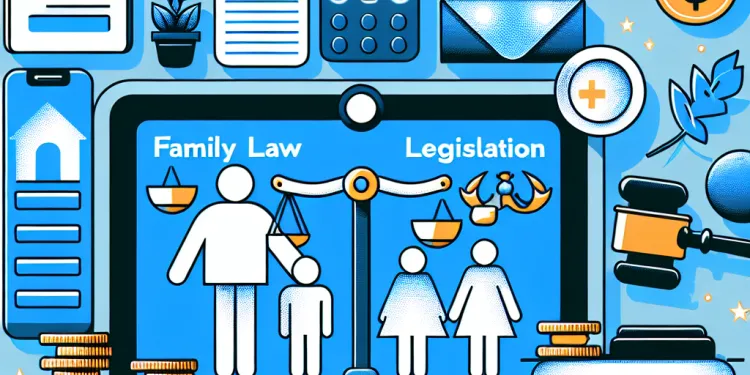
Impacts of Recent Changes to Family Law Legislation
Relevance: 17%
-

Navigating Post-Divorce Finances Amidst Economic Challenges
Relevance: 16%
-
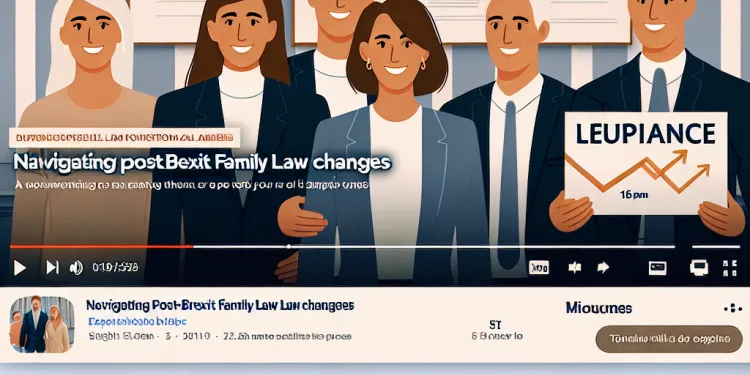
Navigating Post-Brexit Family Law Changes
Relevance: 14%
-
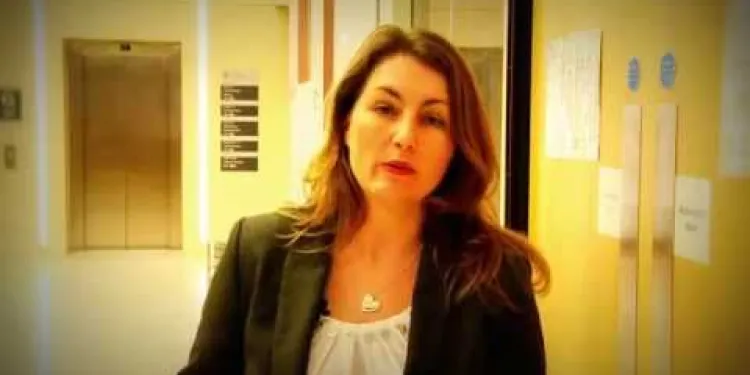
The Family Court without a Lawyer
Relevance: 14%
-
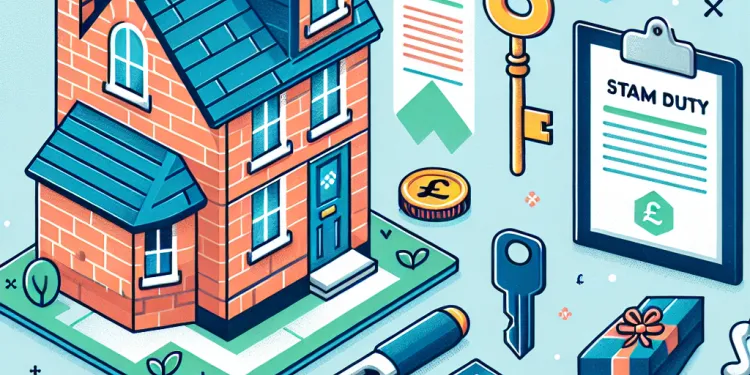
What properties are exempt from Stamp Duty?
Relevance: 14%
-

Have the rights of same-sex couples been affected by the 2026 family court changes?
Relevance: 14%
-

Helen Starkie, Solicitor, Bath, UK
Relevance: 13%
-

How can I support a friend who believes their drink was spiked?
Relevance: 13%
-
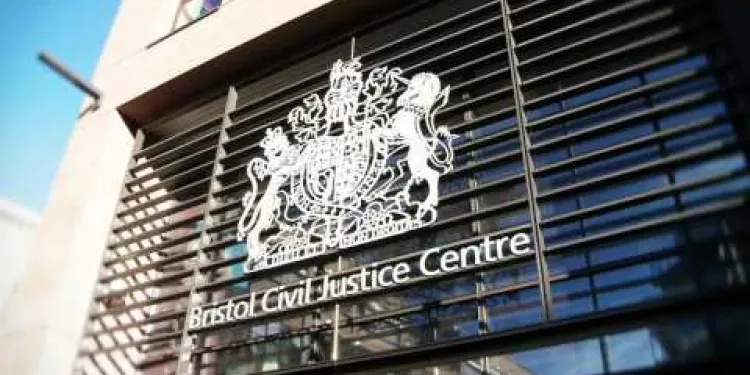
The Family Court without a Lawyer - Video 1 of 3
Relevance: 11%
-

What should I do if my circumstances change?
Relevance: 11%
-

What if my circumstances change?
Relevance: 11%
-
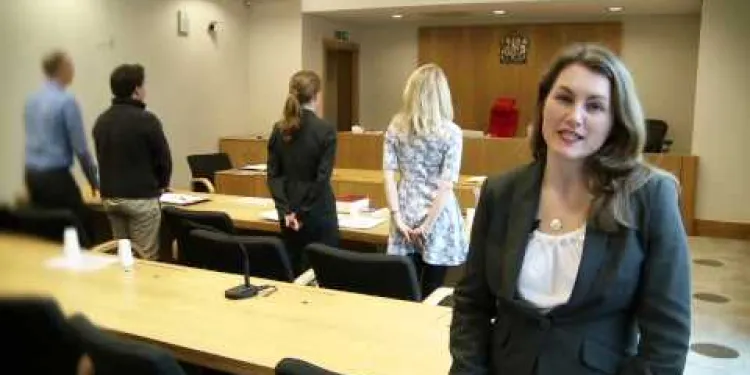
The Family Court without a Lawyer - Video 2 of 3
Relevance: 10%
-
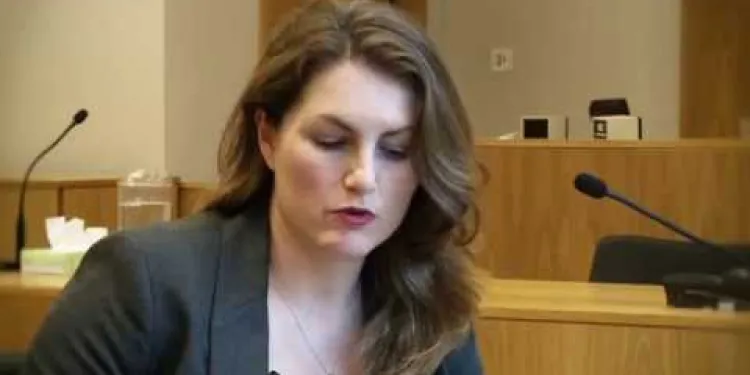
The Family Court without a Lawyer - Video 3 of 3
Relevance: 9%
-
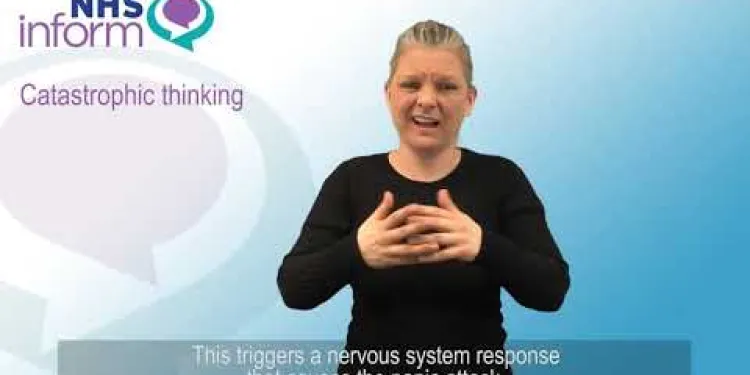
BSL - Causes of panic disorder
Relevance: 9%
-

Can I nominate a beneficiary for my firefighter pension benefits?
Relevance: 9%
-

How do I pay Stamp Duty in the UK?
Relevance: 9%
-
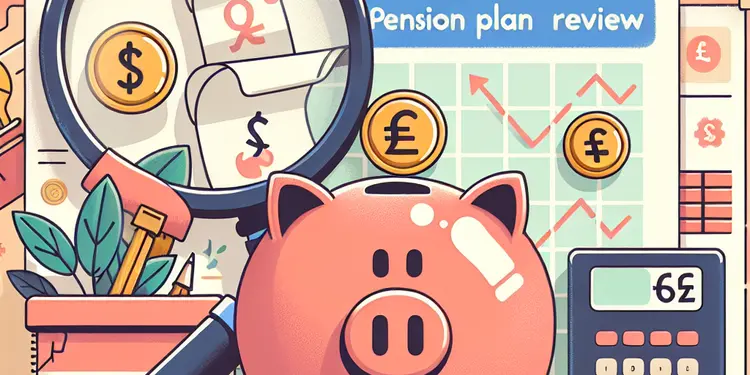
How often should I review my pension plan?
Relevance: 8%
-
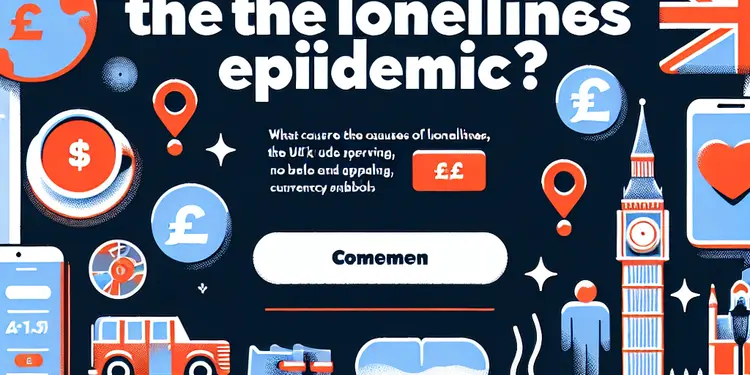
What are the causes of the loneliness epidemic?
Relevance: 8%
-

How To Protect Family Assets | Trusts Explained UK
Relevance: 8%
-

Can product recalls be reversed?
Relevance: 8%
-

Steps to Take When Facing Domestic Abuse
Relevance: 8%
-

Can recalled products be resold?
Relevance: 8%
-

Can you claim compensation for whiplash injuries?
Relevance: 8%
-

What happens if the surveyor's report reveals major issues?
Relevance: 8%
-

Can a product recall be voluntary?
Relevance: 7%
Understanding No-Fault Divorce in the United Kingdom
What is No-Fault Divorce?
No-fault divorce is a legal process allowing couples to dissolve their marriage without the need to prove wrongdoing or fault by either party. Rather than attributing blame, the marriage is acknowledged to have irretrievably broken down. This simplifies and often speeds up the process, while reducing the emotional stress on both parties involved.
Historical Context
Prior to the introduction of no-fault divorce in the UK, divorcing couples were required to prove one of several fault-based reasons, like adultery, unreasonable behavior, or desertion. This often led to unnecessary conflict and made the process more complicated and acrimonious.
Legal Changes in the UK
The no-fault divorce law was enacted in the UK through the Divorce, Dissolution and Separation Act 2020. This legislation introduced significant changes to the divorce process, making it more accessible and less confrontational. The law came into force on April 6, 2022, allowing couples to cite "irretrievable breakdown" as the sole ground for divorce.
Key Features of the New Law
The new no-fault divorce law includes several key features:
- No need to provide evidence of fault or wrongdoing.
- A minimum period of 20 weeks from the start of proceedings to when the Conditional Order can be applied for, providing a reflection period.
- The possibility for couples to make a joint application, reflecting a mutual decision to part ways amicably.
- The removal of the ability to contest a divorce, barring instances of coercion or fraud.
Benefits of No-Fault Divorce
No-fault divorce offers numerous benefits, including reduced conflict between spouses. By eliminating the need for blame, it promotes a more amicable resolution, which is particularly important when children are involved. Additionally, it streamlines the legal process, potentially reducing both the time and costs associated with divorce proceedings.
How to File for a No-Fault Divorce
To file for a no-fault divorce, one or both parties must complete a divorce application form, citing "irretrievable breakdown" as the reason. The application can be submitted online or via post to the nearest family court. After a mandatory reflection period, the couple can proceed to obtain a Conditional Order, followed by a Final Order that legally terminates the marriage.
Conclusion
The introduction of no-fault divorce in the United Kingdom marks a significant shift towards a more modern, compassionate approach to ending a marriage. By removing the adversarial elements from the process, it helps couples move forward in a more dignified and less contentious manner.
Understanding No-Fault Divorce in the United Kingdom
What is No-Fault Divorce?
No-fault divorce is a way for married couples to end their marriage. They don’t have to prove that someone did something wrong. The marriage is just seen as not working anymore. This makes things simpler and less stressful for both people.
Historical Context
Before no-fault divorce, couples had to give reasons like cheating or bad behavior to get a divorce. This often caused fights and made things harder.
Legal Changes in the UK
The no-fault divorce law started with the Divorce, Dissolution and Separation Act 2020. This law made getting a divorce easier and less of a fight. It began on April 6, 2022, allowing couples to say their marriage has "irretrievably broken down" as the reason for divorce.
Key Features of the New Law
Here are some important parts of the new no-fault divorce law:
- No need to show anyone did something wrong.
- There is a 20-week wait from the start to apply for the first order, giving time to think.
- Couples can apply for divorce together if they both agree.
- It is harder to stop a divorce once someone applies, unless there is danger or fraud.
Benefits of No-Fault Divorce
No-fault divorce has many benefits. It reduces fights between partners. Not needing to blame anyone helps things stay friendly, which is good for kids. It also makes the legal steps faster and may cost less.
How to File for a No-Fault Divorce
To get a no-fault divorce, one or both people fill out a divorce form. They say "irretrievable breakdown" is the reason. They can send this form online or by mail to a family court. After waiting a while, they can ask for a Conditional Order, and then a Final Order to end the marriage.
Conclusion
No-fault divorce in the United Kingdom is a big change. It makes ending a marriage more caring and less like a fight. This helps people move on in a better way.
Frequently Asked Questions
What is a no fault divorce?
A no fault divorce allows a couple to divorce without one spouse needing to prove that the other is at fault for the breakdown of the marriage. It acknowledges that the marriage has broken down irretrievably without assigning blame.
When did no fault divorce become law in the UK?
No fault divorce became law in the UK on 6th April 2022 under the Divorce, Dissolution and Separation Act 2020.
What are the main grounds for a no fault divorce?
The only ground for a no fault divorce is that the marriage has broken down irretrievably.
Do both spouses need to agree to a no fault divorce?
No, only one spouse needs to state that the marriage has broken down irretrievably to initiate a no fault divorce.
How long does it take to finalize a no fault divorce?
The divorce process typically takes a minimum of 26 weeks from the date of application to finalize, although the time can vary depending on individual circumstances.
Do I need to provide evidence of the marriage breakdown in a no fault divorce?
No, you do not need to provide evidence or proof of the marriage breakdown in a no fault divorce.
Can a no fault divorce application be contested by the other spouse?
No, a no fault divorce application cannot be contested. Once one spouse states that the marriage has broken down irretrievably, the divorce can proceed.
Is there a minimum period of separation required before applying for a no fault divorce?
No, there is no minimum period of separation required before applying for a no fault divorce.
How does a no fault divorce affect financial settlements?
A no fault divorce does not automatically settle financial matters. Financial settlements are considered separately and may require negotiation or court intervention.
How does a no fault divorce impact child custody arrangements?
Child custody arrangements are handled separately from the divorce proceedings and are based on the best interests of the child, regardless of the divorce type.
Do I need a solicitor for a no fault divorce?
Although it is possible to handle a no fault divorce yourself, seeking legal advice from a solicitor is often recommended to ensure all legal requirements are met and to assist with any financial or child arrangements.
Are there any waiting periods involved in a no fault divorce?
Yes, there is a minimum overall waiting period of 20 weeks from the start of proceedings and an additional six-week waiting period after the conditional order before the final order can be issued.
How much does a no fault divorce cost?
The cost of a no fault divorce can vary. The court fee for filing for divorce is currently £593, but additional costs may arise if you use solicitors or require additional services.
Can civil partnerships be dissolved using no fault principles?
Yes, civil partnerships can be dissolved using the same no fault principles that apply to marriages.
What documents are needed to apply for a no fault divorce?
You will need your marriage certificate or civil partnership certificate, proof of identity, and the completed divorce application form to apply for a no fault divorce.
What is a No Fault Divorce?
A "No Fault Divorce" is when two people decide to end their marriage. In this type, no one has to say the other person did something wrong.
This makes it easier for people to get a divorce because they don't have to argue about what happened.
To understand better, you can use tools like pictures or videos. Sometimes, talking to someone who knows about divorces, like a counselor, can help too.
A no fault divorce is a way for a couple to end their marriage. They do not have to say one person did something wrong to cause the marriage to end. It means they agree the marriage cannot be fixed, but they do not blame each other.
When did no fault divorce start in the UK?
No fault divorce means you don’t have to blame anyone to end a marriage. It became a law in the UK in April 2022.
If you want to learn more or need help understanding, you can:
- Ask someone you trust to explain it to you.
- Use simple online videos or websites that talk about it.
No fault divorce started in the UK on 6th April 2022. This is because of a new law called the Divorce, Dissolution and Separation Act 2020.
Here are some tools to help you understand better:
- Use a dictionary to look up words you don't know.
- Ask someone to explain tricky parts to you.
- Take your time and read slowly.
Why do people get a no-fault divorce?
Sometimes, people who are married decide to stop being married. A no-fault divorce means no one is blamed. Here are reasons why people might choose this:
- They don’t love each other anymore.
- They have changed and want different things.
- They believe they will be happier apart.
If reading is hard, try using these tools:
- Text-to-speech: This reads words out loud.
- Picture stories: They show ideas with pictures.
The only reason you can get a no-fault divorce is if you can show that the marriage is broken and can't be fixed.
Do both partners have to say 'yes' to a no fault divorce?
A no fault divorce means you stop being married without blaming anyone.
Yes, both people need to say 'yes' for a no fault divorce to happen.
If you find this hard, you can:
- Ask a friend or family member to talk about it with you.
- Use a simple dictionary to look up words you don't know.
- Work with a helper who knows about no fault divorce.
No, just one person in the marriage needs to say that the marriage isn't working anymore to start a no-fault divorce.
How long does it take to finish a no-fault divorce?
A no-fault divorce is when two people decide to end their marriage without blaming each other.
It can take a few months to finish. This is because there are steps to follow, like filling out forms and waiting for the court.
Using a calendar to keep track of important dates can help. You might also think about asking someone you trust for help, like a friend or family member.
Getting a divorce usually takes at least 26 weeks from when you first ask for it. It might take a shorter or longer time, depending on your situation.
Do I need to show proof that my marriage ended in a no fault divorce?
No, you don't need to show proof. In a no fault divorce, you can say that your marriage isn't working without giving reasons. It's okay to say you want to end the marriage simply because you both agree.
If you need help understanding more, you can:
- Talk to someone who knows about no fault divorce, like a lawyer.
- Look for easy guides online that explain it simply.
- Ask a friend or family member to help explain it.
No, you do not need to show proof or evidence that your marriage did not work for a no-fault divorce.
Can the other person argue about a no-fault divorce?
A no-fault divorce means no one is blamed for the marriage ending. Sometimes, the other person may not agree with the divorce. They might want to talk about it.
Here are some things that might help:
- Ask someone you trust to help you understand.
- Talk to a lawyer who knows about divorces.
- Look at easy books or websites about divorce.
No, you cannot argue against a no-fault divorce. If one person says the marriage is broken and can't be fixed, the divorce will happen.
Helpful tips:
- Read slowly: Take your time and read one word at a time.
- Use a finger: Point to each word as you read.
- Break it down: Split big words into smaller sounds.
- Ask for help: If you don’t understand, ask someone to explain.
- Use tools: You can use apps that read text out loud.
Do we need to be apart for a certain time before asking for a no-fault divorce?
No, you don't have to wait any time before asking for a no-fault divorce.
What happens to money when people get a no fault divorce?
When two people decide to end their marriage without blaming each other, it is called a no fault divorce. They must agree on how to share their money and things.
Here are some points to think about:
- Talk together and try to be fair.
- Use pictures or lists to show what you own.
- Ask for help from a family member or a friend if needed.
- You can also see a lawyer for advice.
A no fault divorce means a couple can break up without blaming each other. But it doesn't sort out money issues on its own. You might need to talk and agree about money separately. Sometimes, you might need help from a judge to decide about money.
How does a no-fault divorce affect who looks after the children?
A no-fault divorce means that parents do not blame each other to get a divorce. They just want to end the marriage.
When parents divorce, they need to decide who will take care of the children. This is called child custody.
In a no-fault divorce, the decision about child custody focuses on what is best for the children. It does not depend on blaming one parent.
Parents and the court will look at things like where the children will be happiest and safest and how parents will share time with them.
If you need help, you can:
- Talk to a family counselor.
- Use a mediator to help you agree.
- Speak to a lawyer who knows about family law.
When parents split up, who looks after the child is decided separately from the divorce. The decision is made to keep the child happy and safe, no matter how the parents are divorcing.
Do I need a lawyer for a no-fault divorce?
Are you getting a no-fault divorce? You might wonder if you need a lawyer. A no-fault divorce means no one is blamed for the marriage ending. Here’s what you should know:
- You don't have to have a lawyer, but they can help.
- A lawyer can make sure everything is fair.
- A lawyer can help with all the forms and rules.
You can also use helpful tools like:
- Online guides about divorce.
- Services that help with filling out forms.
Remember, it's okay to ask for help if you need it.
You can do a no fault divorce by yourself. But it is a good idea to get help from a lawyer. A lawyer can make sure you do everything right and help with money or plans for children.
Do you have to wait for a no-fault divorce?
Yes, you have to wait at least 20 weeks from the start. Then, after you get the first order, you wait another 6 weeks to get the final order.
How much does a no fault divorce cost?
Getting a no fault divorce means you don't blame anyone. It usually costs some money.
Here are ways to find out how much it costs:
- Ask a lawyer. They can help you know the price.
- Check online for websites that talk about divorce costs.
- Use a calculator online to help see the cost.
These tools can make it easier to understand.
The cost of a divorce where no one is blamed can change. Right now, it costs £593 to ask the court for a divorce. You might have to pay more money if you hire lawyers or need extra help.
Can you end a civil partnership without blaming anyone?
Yes, civil partnerships can end in the same way as marriages. You don't have to say anyone did anything wrong.
What papers do you need to ask for a no fault divorce?
To ask for a no fault divorce, you need some important papers.
Here is a simple list of what you might need:
- Your marriage certificate
- A form to ask for the divorce
- Any papers about your children (if you have any)
- Money papers, like bank details (if needed)
You can ask a friend or family member for help if you are not sure. Also, talking to a lawyer can be a good idea. They can help you get the right papers.
You need to have some important papers to ask for a divorce without blame:
- Your marriage paper or civil partnership paper.
- Something that shows who you are, like a passport or ID card.
- A divorce form that you have filled out.
These things will help you get your divorce started.
Useful Links
Have you found an error, or do you have a link or some information you would like to share? Please let us know using the form below.
-->
This website offers general information and is not a substitute for professional advice.
Always seek guidance from qualified professionals.
If you have any medical concerns or need urgent help, contact a healthcare professional or emergency services immediately.
Some of this content was generated with AI assistance. We’ve done our best to keep it accurate, helpful, and human-friendly.
- Ergsy carfully checks the information in the videos we provide here.
- Videos shown by Youtube after a video has completed, have NOT been reviewed by ERGSY.
- To view, click the arrow in centre of video.
- Most of the videos you find here will have subtitles and/or closed captions available.
- You may need to turn these on, and choose your preferred language.
- Go to the video you'd like to watch.
- If closed captions (CC) are available, settings will be visible on the bottom right of the video player.
- To turn on Captions, click settings .
- To turn off Captions, click settings again.
More Items From Ergsy search
-

NO FAULT DIVORCE (What is there to know)
Relevance: 100%
-

Are there any new requirements for divorce filings in 2026?
Relevance: 49%
-

I'm Getting a Divorce | Tips From a Divorce Lawyer
Relevance: 49%
-

Divorce UK: What happens with the money in a divorce?
Relevance: 48%
-

A Guide to the Divorce Process
Relevance: 47%
-

Divorce UK (England and Wales) | UK Divorce Process and Overview Explained PART 1 | BlackBeltBarrister
Relevance: 46%
-

Understanding Your Rights in Divorce Proceedings
Relevance: 43%
-

Understanding Your Rights During Divorce Proceedings in the UK
Relevance: 41%
-

Can firefighter pension benefits be divided in a divorce?
Relevance: 41%
-

Divorce Step By Step - Form E - Capital
Relevance: 40%
-

Ultimate Guide to Financial Disclosure on Divorce in the UK
Relevance: 39%
-

The 4 Steps to Agree a Financial Settlement on Divorce UK
Relevance: 39%
-

Divorce - How To Rebuild Your Life After Losing Everything
Relevance: 37%
-

Navigating Changes in Family Law Post-Brexit
Relevance: 19%
-

Are there any changes to spousal support regulations in 2026?
Relevance: 18%
-

Impacts of Recent Changes to Family Law Legislation
Relevance: 17%
-

Navigating Post-Divorce Finances Amidst Economic Challenges
Relevance: 16%
-

Navigating Post-Brexit Family Law Changes
Relevance: 14%
-

The Family Court without a Lawyer
Relevance: 14%
-

What properties are exempt from Stamp Duty?
Relevance: 14%
-

Have the rights of same-sex couples been affected by the 2026 family court changes?
Relevance: 14%
-

Helen Starkie, Solicitor, Bath, UK
Relevance: 13%
-

How can I support a friend who believes their drink was spiked?
Relevance: 13%
-

The Family Court without a Lawyer - Video 1 of 3
Relevance: 11%
-

What should I do if my circumstances change?
Relevance: 11%
-

What if my circumstances change?
Relevance: 11%
-

The Family Court without a Lawyer - Video 2 of 3
Relevance: 10%
-

The Family Court without a Lawyer - Video 3 of 3
Relevance: 9%
-

BSL - Causes of panic disorder
Relevance: 9%
-

Can I nominate a beneficiary for my firefighter pension benefits?
Relevance: 9%
-

How do I pay Stamp Duty in the UK?
Relevance: 9%
-

How often should I review my pension plan?
Relevance: 8%
-

What are the causes of the loneliness epidemic?
Relevance: 8%
-

How To Protect Family Assets | Trusts Explained UK
Relevance: 8%
-

Can product recalls be reversed?
Relevance: 8%
-

Steps to Take When Facing Domestic Abuse
Relevance: 8%
-

Can recalled products be resold?
Relevance: 8%
-

Can you claim compensation for whiplash injuries?
Relevance: 8%
-

What happens if the surveyor's report reveals major issues?
Relevance: 8%
-

Can a product recall be voluntary?
Relevance: 7%


